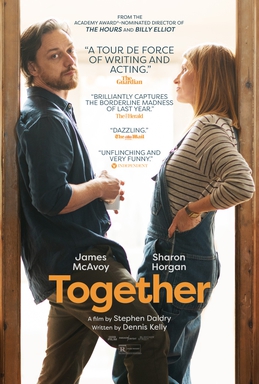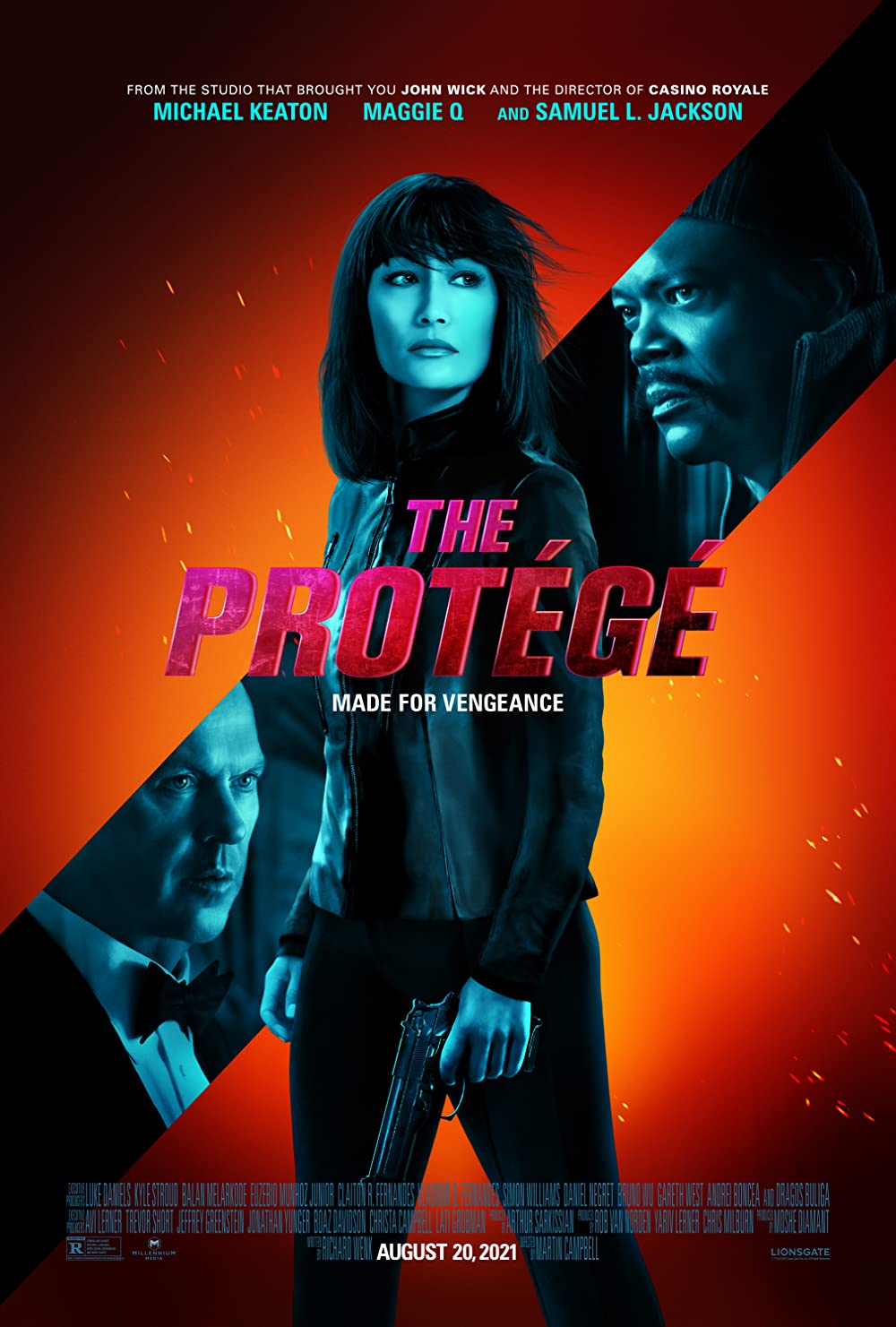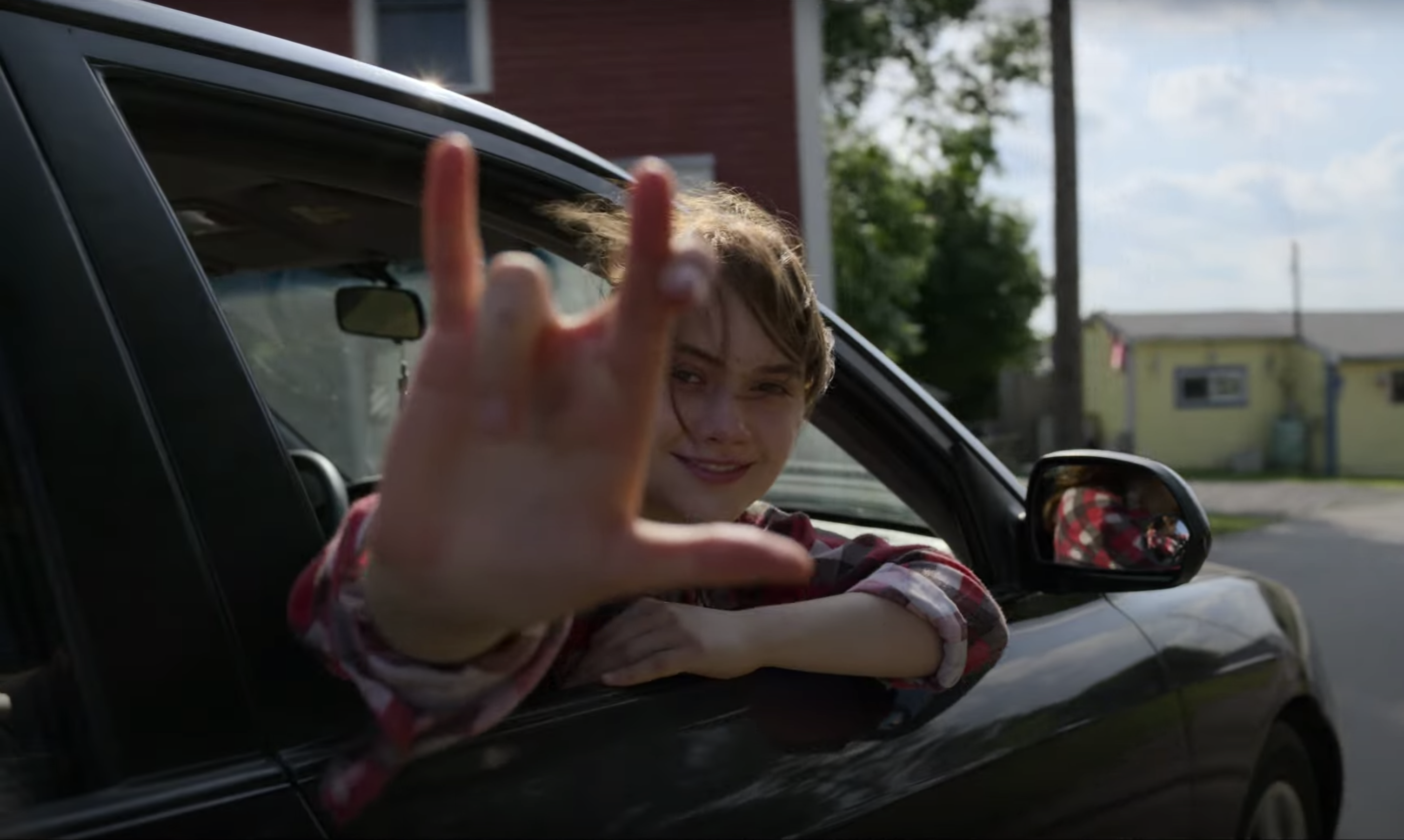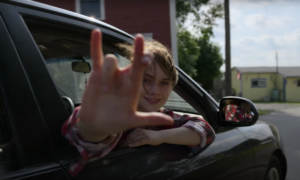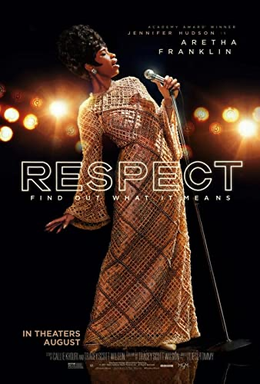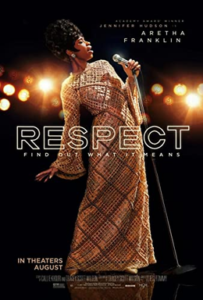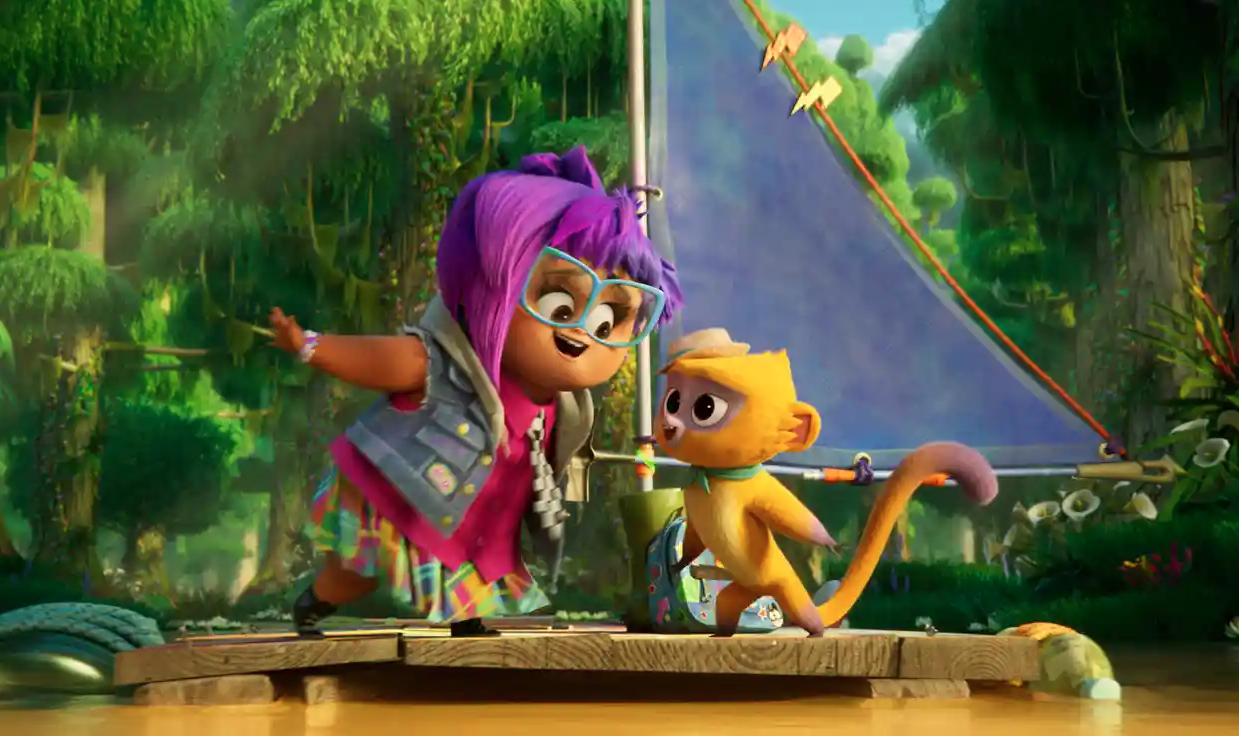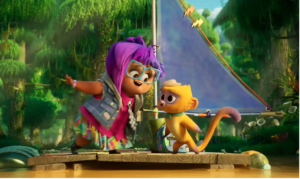Together
Posted on August 26, 2021 at 5:01 pm
B +| Lowest Recommended Age: | Mature High Schooler |
| MPAA Rating: | Rated R for some sexual references and language |
| Profanity: | Extended very strong language |
| Alcohol/ Drugs: | Alcohol |
| Violence/ Scariness: | Themes include pandemic, sad death of a parent, grief, fear |
| Diversity Issues: | Class issues are a theme in the movie |
| Date Released to Theaters: | August 27, 2021 |

A strong script and outstanding acting talent make it work.
We can tell from the first thirty seconds that this long-time (but unmarried) couple have an acrimonious relationship. They cannot even agree on their son’s name. The boy’s mother (Sharon Horgan billed only as She) calls him Arthur. The father (James McAvoy as He) calls him “Artie.” But we don’t need to infer anything. They are delighted to tell each other and us in vivid detail how much they despise each other. Throughout the film, the couple addresses us as, who knows, in-house therapists or documentarians? Some imagined referee?
It does not matter. It’s just a way for us to stay engaged and learn everything we need to know. At times, the couple seem to be performing for an outside audience; at others they are alone, confiding in us what they do not want to teach each other. For me, the device ceased to be a curiosity or a distraction quickly, another tribute to the superbly talented stars.
She and He were on the brink of separating, when they found themselves scrambling for groceries and toilet paper as everything in the UK shut down around them. Perhaps it is the terror of that moment that leads them to try to top each other to tell us who hates the other one more. We see, if they don’t, that somewhere in there is a vestigial connection, that they still want one another’s approval. The opposite of love, is not hate, after all, but indifference.
Their differences are set up nicely to be intensified and tested by what is to come. He thinks of himself as a self-made man, a lower-class boy who became the founder of a successful business. He did it all on his own, he thinks, and has little compassion for anyone who hasn’t done the same. His right-wing politics annoy her.
She came from a comfortably upper-middle class family and works for a non-profit that provides aid to refugees. He admits that he admires her for that. Each’s notion of what makes a “good person” and how each fits that description will arise again as we check in with them every few months, each segment beginning with a reminder of how many COVID-19 cases and how many deaths the UK has documented.
She experiences a loss that makes her question her faith in the way the government is handling the pandemic. Perhaps through a combination of her vulnerability, their shared grief, or sheer boredom with bickering, they start being intimate again, which reminds them that it was something that they were good at with each other. They share some hard truths, much harder than the trivial insults they exchanged in a whistling-in-the-graveyard opening scene that was more about impressing or outdoing each other than hurting each other.
Horgan and McAvoy make every moment of the film feel earned and worthy. It does not matter who they are talking to. What matters is that they are listening to each other, and we are listening to them both.
Parents should know that this movie has non-stop strong language and couple bickering, drinking and some sexual references. There is a sad off-screen death of a parent.
Family discussion: What have been the best and worst consequences of the pandemic for your family? Is there anything you want to change as a result?
If you like this, try: “Malcolm and Marie”

